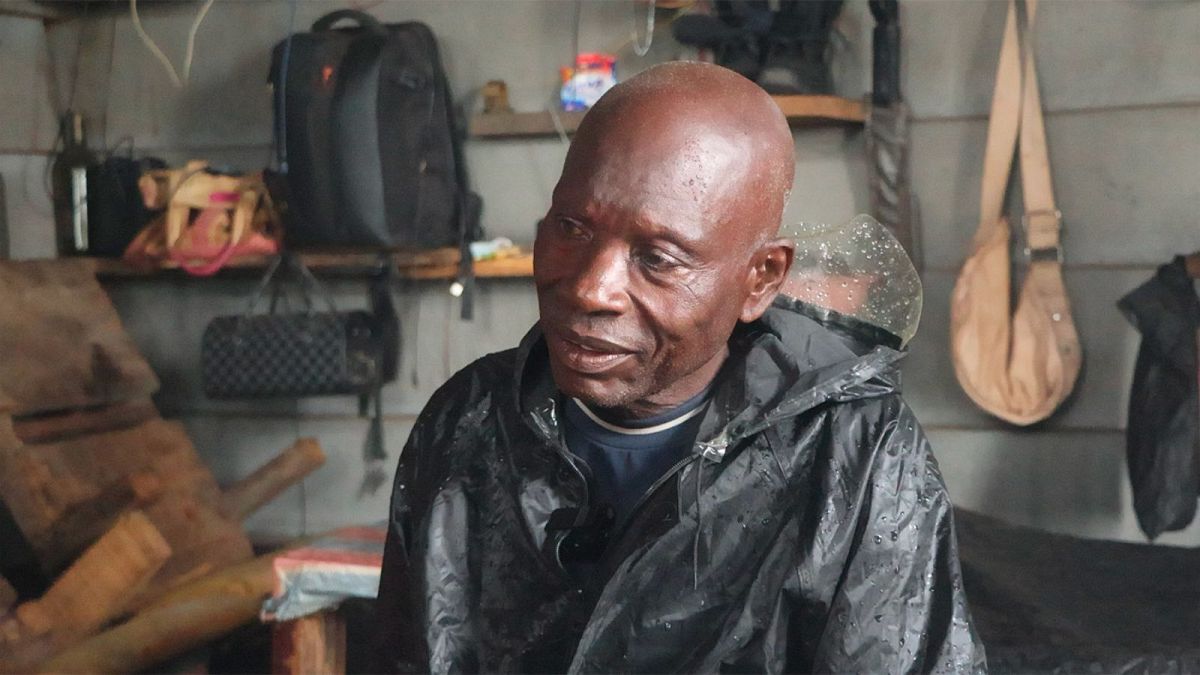

In today’s interconnected world, environmental and social events across different regions highlight the intricate balance between development, climate change, and policy decisions. This article aims to provide an overview of some key occurrences and their implications, which serve as reminders of our shared responsibility toward sustainable living and community resilience.
In the heart of Africa, the European Union’s (EU) biofuel projects in Congo’s so-called “breadbasket” have raised concerns regarding food security. While these initiatives aim to mitigate climate change by reducing fossil fuel dependence, there is apprehension over the potential impacts on local agriculture. As reported, the company involved asserts that it utilizes ‘degraded lands’ for these projects. However, the United Nations has warned that Congo needs more locally produced food to ensure food security. These developments underscore the complex interplay between sustainable energy efforts and traditional food supply systems. A careful approach is essential to balance energy needs and food security, fostering both environmental and community well-being.
Simultaneously, in South America, Argentina is experiencing unusually warm winter weather. Regions such as Rosario in Santa Fe are forecasted to encounter temperatures significantly higher than the seasonal norm, with Buenos Aires expected to reach temperatures up to 7°C above average. This abnormal weather pattern is attributed to a plume of warm air originating from Paraguay, which highlights the unpredictable and far-reaching consequences of climate change. These climatic anomalies prompt a reevaluation of current agricultural and urban planning strategies to better buffer communities against such extremes.
Meanwhile, across the Atlantic, the scenic landscapes of the Grand Canyon have not been impervious to natural calamities. The iconic Grand Canyon Lodge on the North Rim has succumbed to two extensive wildfires that razed more than 45,000 acres. This loss, including several other park structures, has led authorities to restrict access to this section of the park for the remainder of the season. The destruction of the lodge is not only a poignant reminder of the vulnerability of historical and natural sites to climate-induced disasters but also highlights the urgent need for strategies aimed at mitigating wildfire risks.
In the United States, the state of Texas is grappling with devastating floods that have resulted in significant loss of life and property. The death toll from these floods has reached 129, with additional people unaccounted for. Despite rescue efforts being hampered by persistent rainfall and strong winds, issues such as climate denial and federal budget cuts have been scrutinized for their possible role in exacerbating the disaster. The extreme weather events reinforce the necessity for comprehensive policies that prioritize public safety and climate resilience, bolstering community preparedness against such catastrophic events.
Amid these environmental challenges, various international developments unfold. In the Middle East, the humanitarian crisis in Gaza continues, with recent airstrikes tragically affecting civilians amidst ongoing conflicts. This situation calls for diplomatic solutions to ensure peace and humanitarian aid access to the affected populations. Meanwhile, public health efforts in the UK are encouraging the community to bolster immunity against preventable diseases like measles. Following a child’s death due to measles, healthcare officials emphasize the importance of vaccinations, underscoring the need for continued public health vigilance and education.
In conclusion, these events, spanning continents and contexts, highlight the multifaceted nature of global challenges. They urge us to think holistically, blending technological advances, policy innovations, and communal resilience to craft solutions that are as interconnected as the challenges we face. As we navigate these complex landscapes, fostering collaboration and embracing innovative strategies become paramount in nurturing a sustainable and harmonious world for future generations.
Source: {link}
